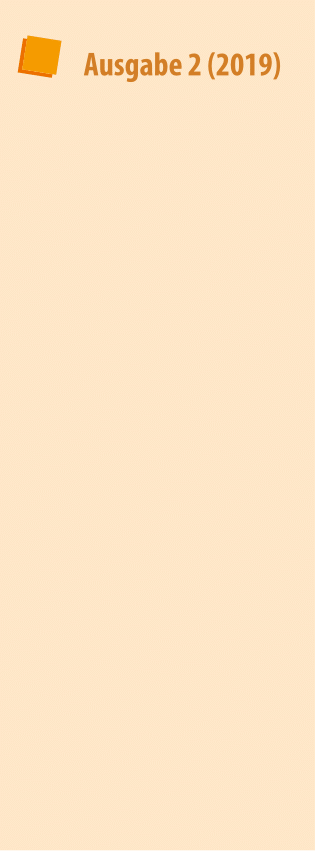Cross-structural cooperation at universities
A qualitative study on the special challenges of teacher education from a didactic point of view
DOI:
https://doi.org/10.4119/hlz-2441Keywords:
Teacher Education, Organization, Qualitative Interview Study, Organisational DevelopmentAbstract
This article examines the specific challenges that occur in the process of cooperation between those involved in university teaching studies, while focusing on a didactic point of view. Teacher studies as an academic field faces complex influences by numerous institutional players. Different requirements set by these institutions are being explored systematically for their organizational and structural obstacles in a qualitative interview study (N = 9). This results in three main conclusions: (1) The interests and struggles of those involved in training aspiring teachers are neither being communicated and negotiated clearly enough towards university an government authorities nor seen or noted by those. (2) There is a strong tendency of scientific disciplines interfering didactics. (3) The fulfillment of the requirements imposed by the ministry is insufficiently supported by this. The results are discussed against the background of organizational theory and implications for university policy are derived.
Key Words: Teacher Education, Organization, Qualitative Interview Study, Organisational
Downloads
Published
How to Cite
Issue
Section
License
Copyright (c) 2019 Arne Koevel, Friedemann W. Nerdinger

This work is licensed under a Creative Commons Attribution-ShareAlike 4.0 International License.
Sämtliche Inhalte der HLZ werden freigegeben unter der Creative-Commons-Lizenz Namensnennung, Weitergabe unter gleichen Bedingungen, Version 4.0 International (CC BY-SA 4.0). Die Urheber_innen und die Rechteinhaber_innen der in der HLZ veröffentlichten Beiträge gewähren grundsätzlich allen Nutzer_innen unwiderruflich das freie, weltweite Zugangsrecht zu diesen Veröffentlichungen. Unter der Bedingung, dass Autor_innen und Herausgeber_innen gemäß der Zitationshinweise sowie die Lizenz als »Lizenz: CC BY-SA 4.0« einschließlich der untenstehenden Lizenz-URL genannt werden, dürfen die Beiträge der HLZ vervielfältigt, weitergereicht und auf beliebige Weise genutzt werden, auch kommerziell und ebenso online wie in gedruckter oder anderer Form. Auch die Bearbeitung ist erlaubt unter der zusätzlichen Bedingung, dass das neu entstandene Werk als Bearbeitung gekennzeichnet wird und im Falle einer Veröffentlichung unter derselben Lizenz wie in der HLZ freigegeben wird.





